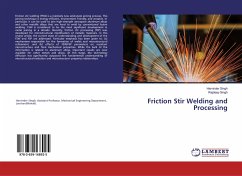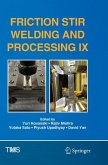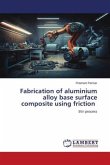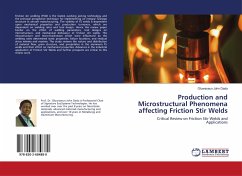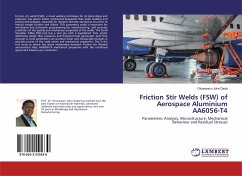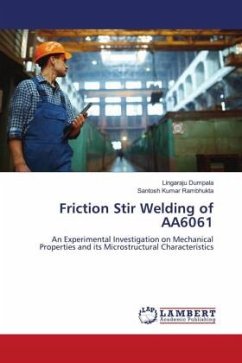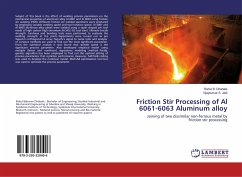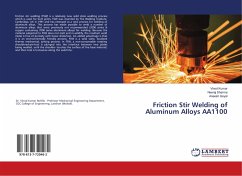Friction stir welding (FSW) is a relatively new solid-state joining process. This joining technique is energy efficient, environment friendly, and versatile. In particular, it can be used to join high-strength aerospace aluminum alloys and other metallic alloys that are hard to weld by conventional fusion welding. FSW is considered to be the most significant development in metal joining in a decade. Recently, friction stir processing (FSP) was developed for microstructural modification of metallic materials. In this review article, the current state of understanding and development of the FSW and FSP are addressed. Particular emphasis has been given to: (a) mechanisms responsible for the formation of welds and microstructural refinement, and (b) effects of FSW/FSP parameters on resultant microstructure and final mechanical properties. While the bulk of the information is related to aluminum alloys, important results are now available for other metals and alloys. At this stage, the technology diffusion has significantly outpaced the fundamental understanding of microstructural evolution and microstructure-property relationships.
Bitte wählen Sie Ihr Anliegen aus.
Rechnungen
Retourenschein anfordern
Bestellstatus
Storno

